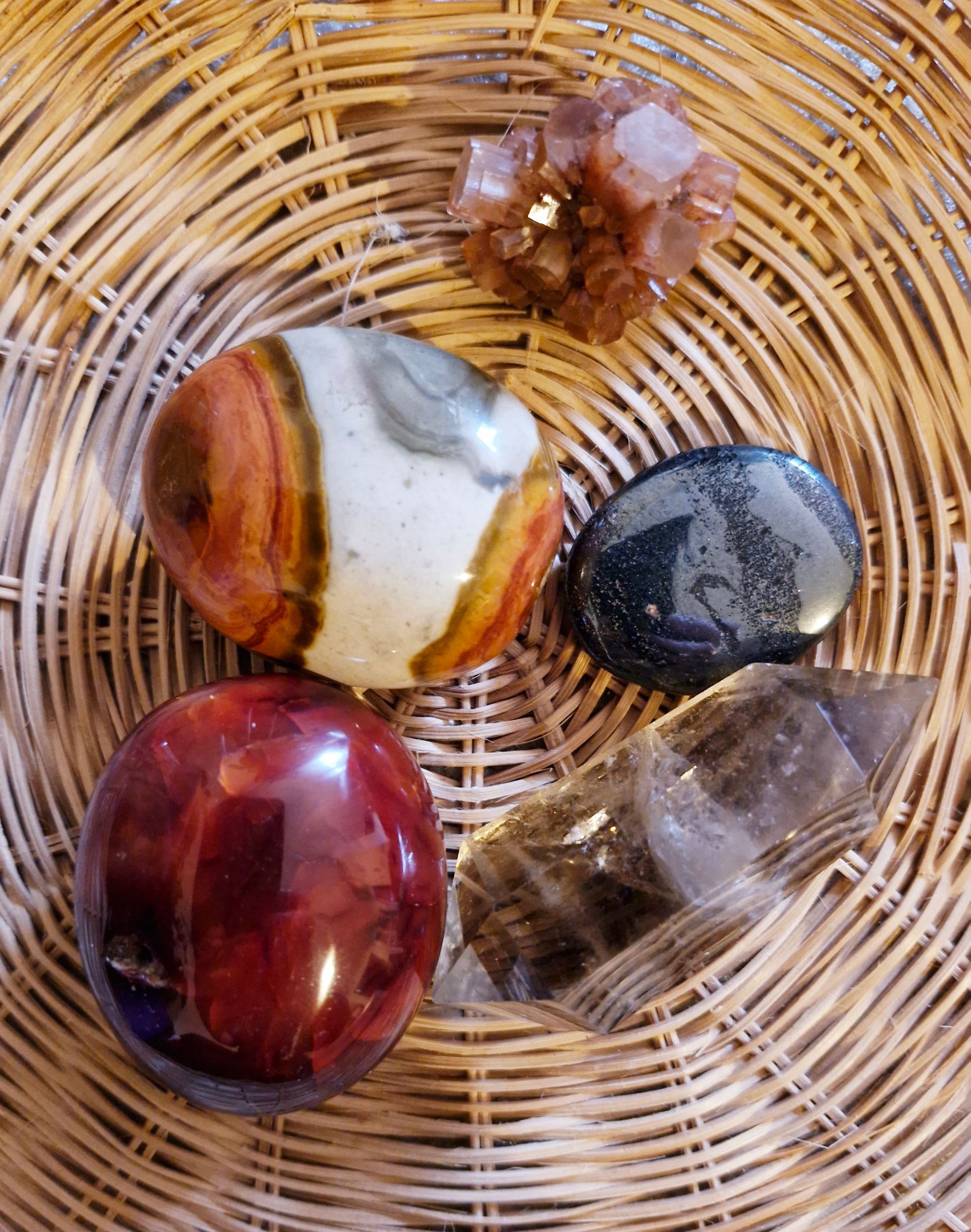Why knowing what matters … really matters
Many of us will remember the part of Lewis Carroll’s Alice in Wonderland where Alice asks the Cheshire cat for directions at a crossroads. As Alice doesn’t know where she’s going, the cat points out that it doesn’t actually matter which road she takes to get there. This doesn’t just apply to little girls lost in Wonderland.
Whenever you’re trying to make changes in your life, and especially if you’re working with a coach, it’s really important to take time to find out why you want to make those changes. What is actually important to you? And it’s useful to dive deep to find out what is really motivating you to behave in ways that you want to change.
If we don’t drill down deep to find out what’s really motivating us, what we really care about, and look at how those needs can be met, then we’ll find ourselves hitting walls again and again as we try to make a change.
An example of this is wanting to eat more healthfully, but noticing again and again that instead of cooking a healthy dinner for ourselves, we get takeout. Hitting yourself over the head about this is unlikely to help – and yet we act as though judging ourselves will somehow magically make us change (when it’s never worked before).
In the example above, it might be useful to have a think about what’s going on in those situations where you behave in ways that you want to stop. Assuming that you’re weak, or lacking in willpower, or lazy or whatever is unlikely to help – or else you would have changed already. So what’s really going on?
Perhaps you’re so exhausted at the end of the day that the additional task of cooking just feels like too much.
Perhaps you’re bored with eating “healthy” food.
Perhaps you feel sad, lonely, bored, angry, (INSERT OTHER YUKKY FEELING HERE), and feel like the takeaway is a “treat” that you deserve to feel better.
These all speak to legitimate needs and desires. If you’re feeling absolutely knackered, it makes sense that you would want to make your life a little easier. If you don’t like the food that you think you “should” be eating, why would you eat it? If food has been used as a treat or a way to “fix” unwanted emotions in your life – and it’s worked, at least in the short term – then why on earth would you not use a tried and true strategy?
In the situations above, simply telling yourself to “pull your socks up”, “be more disciplined”, “just do it” or any other language that we use to try to force ourselves to do something that deep down, we really don’t want to, is not going to work. We’ll find ourselves returning to the old behaviours again and again.
So finding out what really matters to you can help – and can show you the way.
If you’re finding yourself frustrated when trying to make some changes, it might be useful to have a think about what need is being met by the way you’re doing things right now? The behaviours you want to change didn’t develop in a vacuum – we do these things (or at least we begin to) to meet a legitimate need or longing.
If we really want to change our behaviours and make those changes stick, we will probably need to find alternative ways to meet those needs and longings. In the situation mentioned above, it might be a need to have more time to yourself and fewer responsibilities; or a wish to eat satisfying food; or having a way to soothe ourselves when we’re feeling certain emotions. Force-feeding yourself lettuce is unlikely to meet any of those needs.
Having worked out what’s really motivating us when we do the things we want to stop doing, we can make different choices. We can ask ourselves – how can I meet that need in a different way? When I feel like going back to the old behaviours, how can I show myself some compassion and give myself the support I need to make these changes?
Asking ourselves questions about how we can give ourselves loving support to meet those underlying needs, while also caring enough for ourselves to make changes in the direction of our dreams seems like a kinder, more sustainable approach to me.
More broadly, knowing what motivates you in terms of your core values can act as a compass to show you the way forward in different situations.
Have you ever thought about what your core values might be? What are the things that you really care about? Some of these might include:
- Altruism
- Bravery
- Compassion
- Dependability
- Endurance
- Fun
- Gratitude
- Hope
- Imagination
- Responsibility
- Service
Clearly, there’s oodles of them (fun fact – you can find lists of them online too). Once you identify the ones that are really important for you (I think about five is a good guide), then it becomes easier to make choices about how we behave, the things we choose to do – or don’t do. For example, if I value fun, then I’m going to make different choices about how I spend my time than someone who values service above all else. When we come to a crossroads, knowing what really matters in terms of our core values can help us make choices that we know we’ll feel good about not just today, but years from now. Knowing our values can also help us to walk away from activities (or even relationships in extreme cases) that don’t align with what matters to us – with more equanimity and serenity than we might otherwise feel.
If we’re feeling dissatisfied or lost, then having a look at the core values we’ve identified can help us to see why that might be. If none of our day-to-day activities are in support of the things we care about, then it makes sense that we’re not satisfied. Then we can have a look at how we can bring things into our life that will help us to feel more aligned with what we care about.
Of course, not everything we do every day needs to be in alignment with a core value – I’m not sure where vacuuming or laundry would fit in with mine, but they certainly need to be done! But these core values can help us keep on track to live a life on purpose (and not by accident).
Sometimes it can be hard to tease these things out on our own. If you’d like some support around connecting with what really matters so that you can make changes – holistic wellness coaching might be for you.
Have you found that knowing what matters … really matters? I’d love to hear from you!










